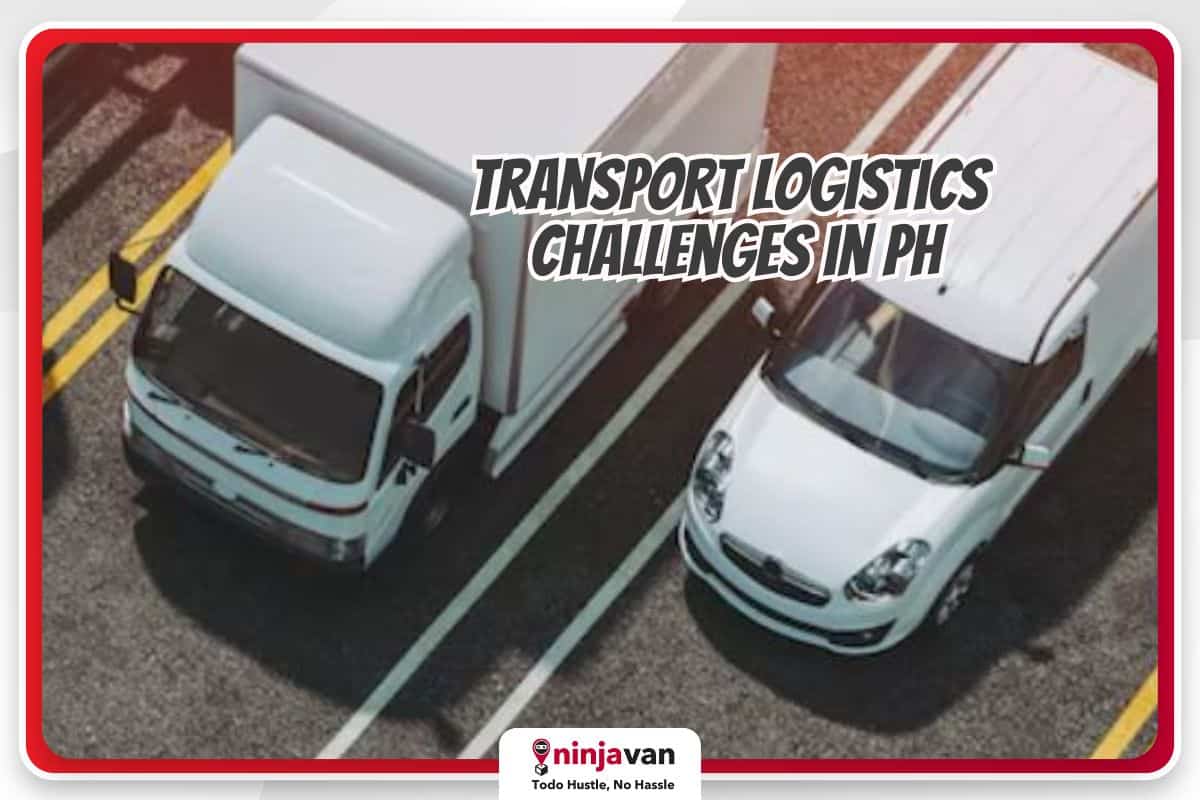The Internet provides plenty of opportunities for entrepreneurs.
Gone were the days when your customers were limited to your social networks or those within your area. With the help of online platforms and ecommerce companies, your customer base can now include those abroad through cross border ecommerce.
While cross border ecommerce is a great opportunity for Filipino sellers, it also creates several challenges. So before expanding your coverage, here’s what you should know about exploring cross border ecommerce solutions.
What is cross border ecommerce?
Cross border ecommerce covers the processes and strategies used to sell products online. Through cross border ecommerce, you can sell your products to either consumers (B2C) or other businesses (B2B) abroad.
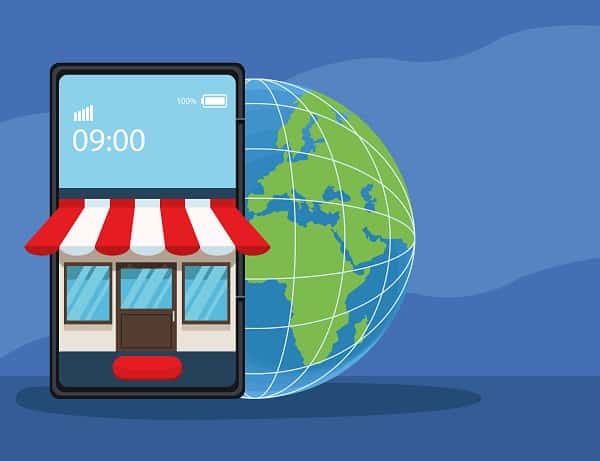
to international customers, whether B2C or B2B.
Whether you sell on your own website or on a marketplace platform, the process of selling locally is roughly the same. Selling to international customers, however, comes with hurdles such as customs, taxes, cross-border laws, and the logistics of getting the product to your customer.
You’ll have to consider all these aspects if you want to expand your business’ coverage.
It might seem like a lot, but for those who want to take the opportunity to expand and benefit from a wider market, it could be a worthwhile endeavor that promises big returns.
Benefits of exploring cross border ecommerce
Many online entrepreneurs take on the challenge of exploring cross border ecommerce for several reasons. When done correctly, you can profit from these valuable benefits:
Expand your customer base
You might find that the local market is saturated with competitors selling similar products. This could cause your sales to plateau as you find it hard to stand out. If the Philippines is too small for your intended growth, consider widening your customer base.
Explore new markets
Not every product ends up going viral on Home Buddies or in relevant circles for your product. If you find that the market isn’t taking to your product, you can explore other markets that could be looking for it.
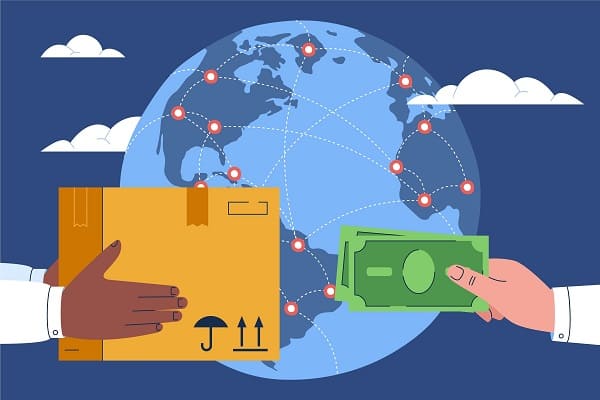
when your business is ready for it.
Grow your brand
Businesses of all sizes are starting to see the benefits of making their products accessible to other countries. Cross border ecommerce exposes your business to new markets and makes it more recognizable.
Boost your revenue
When done right, cross border ecommerce increases the opportunities for sales. You can find more demand for your product while exploring ways to keep cross border costs down.
Challenges of cross border ecommerce
Not all entrepreneurs explore cross border ecommerce due to several challenges. If you plan on getting into cross border ecommerce, these are some of the challenges you could face:
- Tax laws: Shipping to other countries may involve additional customs and taxes that you’re required to remit. On top of this, there’s a matter of establishing whether you or your customer pays for the additional fees.
- Currencies and languages on the website: Businesses catering to the international market are encouraged to cater to different languages and currencies on their website. This is an additional task to develop the website on top of the usual tasks.
- Payment methods: Payment methods like GCash, Maya and bank transfers may be popular here, but they’re not available for international customers. Consider looking into other payment methods aside from debit and credit cards.
- Shipping complications: On top of the additional taxes and customs, you should also be aware of the import and export rules, shipping costs, and legality of your products in other countries before catering to customers in that area.
How to do cross-border ecommerce
Despite the hurdles, many Filipino entrepreneurs explore other markets and find success catering to international customers.
From exploring different logistic services to choosing which countries to ship to, these are five effective tips to consider if you want to grow your business abroad.
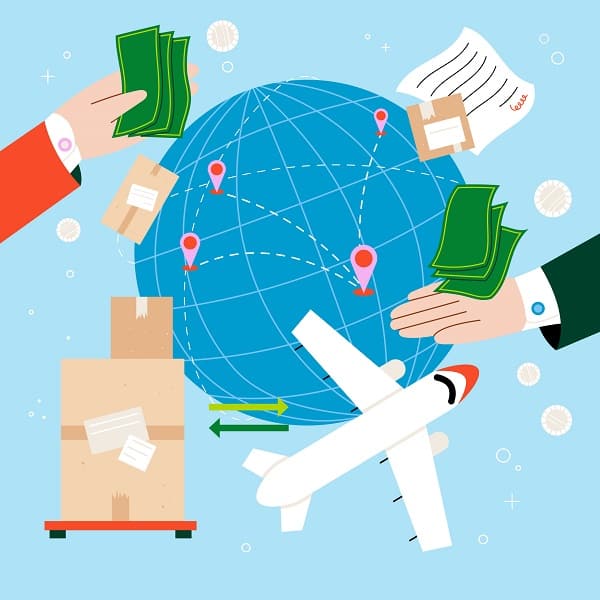
selling, so find the right logistics partner to help you.
Perform market research
Don’t dive into a new market without testing the waters. Some of the aspects to research include:
- Local competition: If a market is filled with competitors, customers are more likely to do business with local sellers unless you can differentiate your product.
- Logistics: What are the laws, customs, and rules surrounding shipping to your intended country?
- Consumers: Avoid tapping into a market with low demand for your product or a country where ecommerce isn’t a popular choice.
Package your products for their trip
Shipping internationally means your product will be exposed to more handling and transportation. Products that are perishable or fragile should be packaged appropriately to ensure it arrives in good condition in your customers’ hands. This reduces damaged goods and minimizes the risk of unsatisfied customers.
Also read: Best Packaging Materials for Fragile Items
Establish efficient return processes
Returns can be difficult for international customers. However, having a solid return policy protects both you and your customer in case of issues with your product. Working with couriers and logistics to make the return process easier for your customers can help you process returns more efficiently.
Here’s a guide on How to Write an Easy Return and Refund Policy
Hire professionals for technical hurdles
When it comes to aspects like insurance, taxes, shipments and other technical logistics, it may be best to work with professionals. Outsourcing your services to professionals ensures that you have an experienced team on your side who can help you improve your cross border ecommerce process.
Work with reliable logistics couriers with 3PL fulfillment
Want to streamline your fulfillment and shipping process? Your best solution is to work with a third-party logistics (3PL) provider that handles everything from shipping to fulfillment to last-mile delivery.
If you’re looking for the right partner, Ninja Van is a market leader in providing warehousing, packing, shipping and returns for local and cross border sellers in Southeast Asia.
Explore cross border ecommerce solutions with Ninja Van
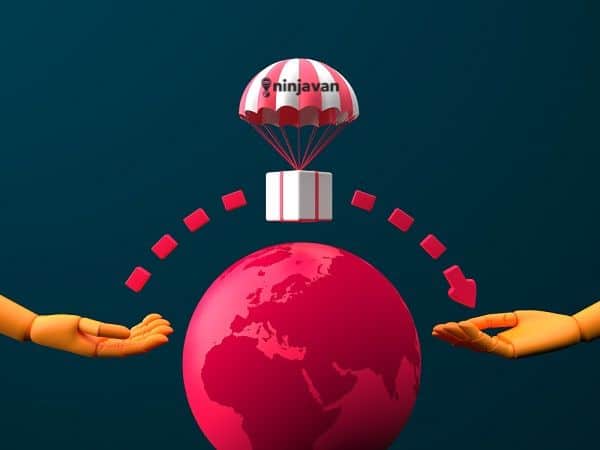
businesses in SEA.
Entering international markets and exploring cross border ecommerce opportunities may have its challenges. But for business owners and entrepreneurs that work with reliable solutions, it can be an endeavor that boosts your bottom line.
At Ninja Van, we’ve helped sellers explore new markets through our logistics and delivery services. We are established in several countries across Southeast Asia, allowing us to be your one-stop logistics provider if you’re interested in expanding to nearby countries.
Get in touch with us to learn more about our cross border and international delivery services. We’re here to provide the right solutions to help your business grow.
Get customized cross-border solutions to the Philippines and the rest of SEA.

Learn more about the right logistics services for you:
Choosing A Warehouse Logistics Partner 101
How Supply Chain Management Works
Ecommerce Fulfillment: Why It’s Better to Outsource to 3PLs



